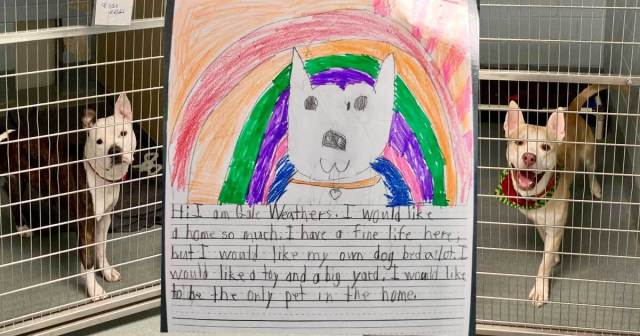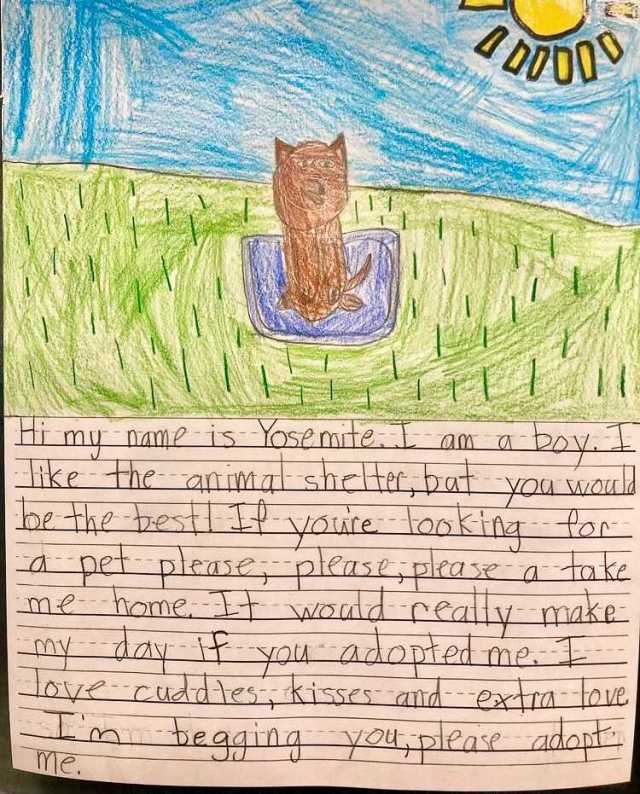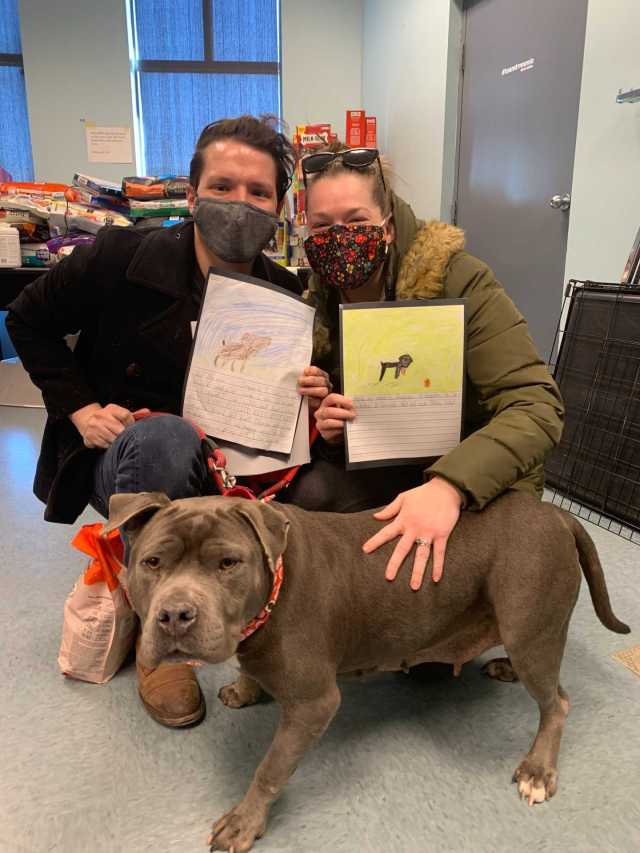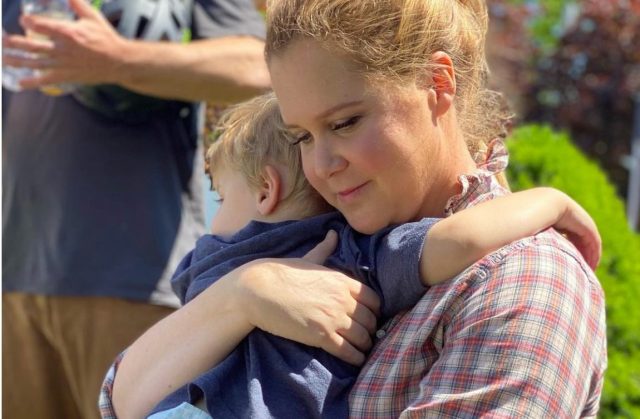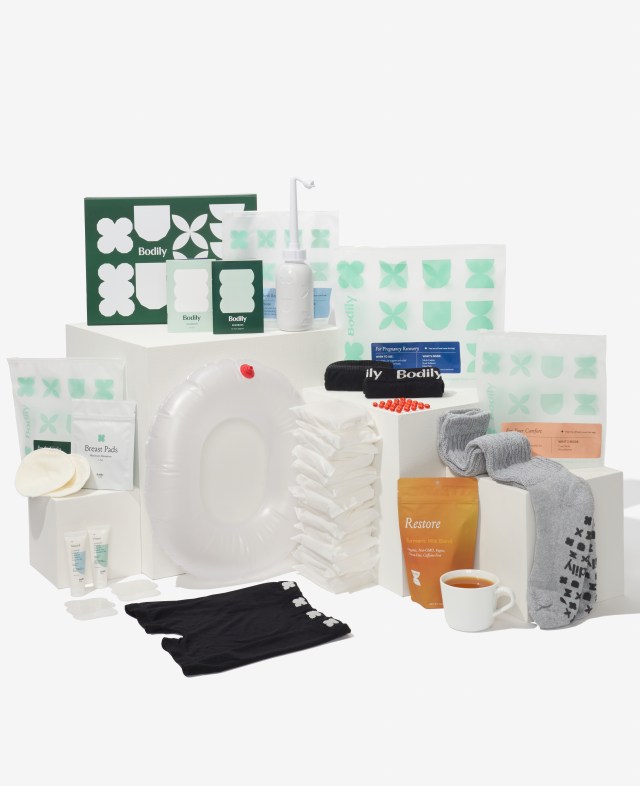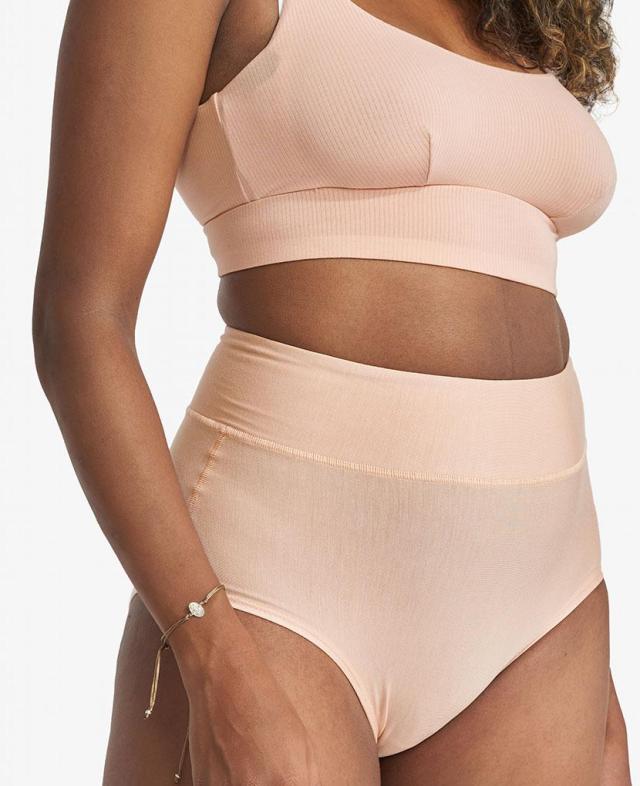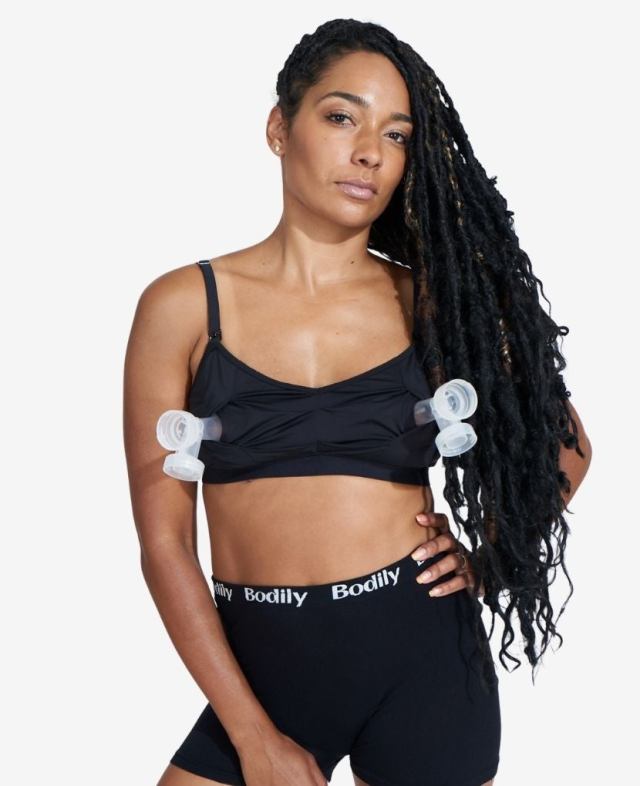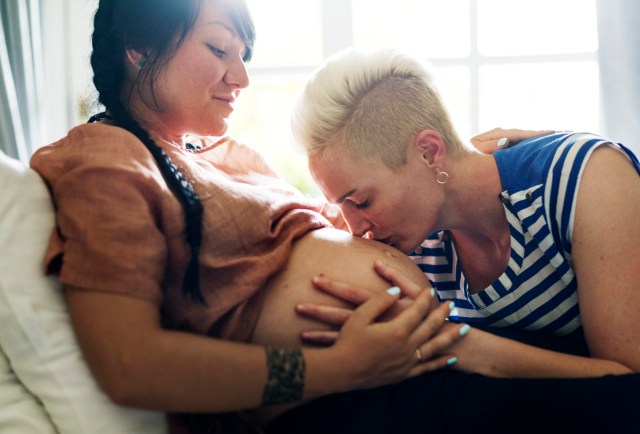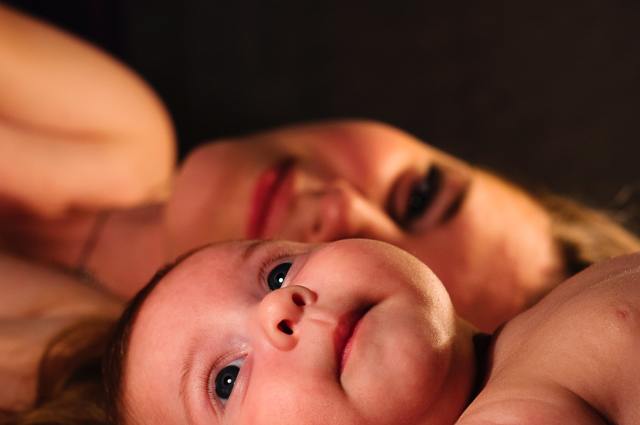Parents are no strangers to stress. Every day, we juggle a thousand things: meetings, meal times, soccer games and sibling rivalry. Life seems like it never stops, and we’ve all had those moments when we close our eyes and think, how in the world can I possibly do all this?
We’ve developed techniques for handling our own stress. As we’ve grown from children to adults, we’ve cultivated productive ways to manage our time and keep stress at manageable levels.
Still, many parents don’t realize that their kids haven’t yet developed these skills or realize that kids may even have stress themselves. That means that the stress kids feel on any given day could take more of a toll than parents suspect. From a parental perspective, it’s not a big deal to go to the dentist, eat the wrong cereal or miss out on a friend’s birthday party. But for children, even the smallest friend dramas and day-to-day challenges can feel earth-shattering.
If you’re not sure or are concerned that you might be missing important signs regarding your child’s emotional and mental health, I’ll explain how to identify signs of unhealthy stress and offer some solutions for alleviating the pressure they’re experiencing.
How Stress Manifests
Here’s the truth: you’ll never get rid of your child’s stress entirely. You wouldn’t want to. Stress can be productive. It’s good when we need to react to urgent situations, and it can help us be more efficient. There are good kinds of stress that can motivate your kids, like solving a complicated homework problem or resolving a disagreement with a friend.
When stress starts to take over your child’s life, though, that’s when it becomes harmful. Emotionally, it can cause anxiety, worry, and depression, which can worsen sleep, diet and more. Increased stress also affects the immune system; those who are more stressed are more susceptible to infection and other health problems.
Sometimes the symptoms of stress manifest the same way in children as they do in adults. You know there are times when you get irritable or moody because you are stressed. Children can also express stress in unexpected ways, like bedwetting, nightmares, a change in appetite or clinginess. They may not verbalize their stress, and they may not have a good grip on what’s actually causing it.
Every child is different, and you know your child best, so if you notice any changes in your child’s behavior or habits, be sure to discuss with your pediatrician.
Talk to Your Child
It’s important to talk to your child regularly. That way, if you notice something has changed or something is bothering them, it’ll be much easier to have a conversation. You may be able to ask outright what’s causing their stress. If they know the answer, let them express their feelings and talk about what might help the situation change. Explain to your child that it’s okay to have those feelings.
If they don’t know what’s causing their stress, tell them that’s also okay. Your goal is to be encouraging and make sure your child feels safe. Familiarity and reassurance will go a long way toward helping your children open up, and, ultimately, toward alleviating their stress. Whatever you do, don’t blow off your child’s feelings like they’re nothing. I’ve frequently heard parents say, “Kids adapt,” and yes, they do, but ongoing stress can still be detrimental to their overall health. For example, some children are reluctant to go to sleepaway camp, and because parents assume they know best, they send the children anyway. Blowing off expressions of stress can have negative and long-lasting effects, which may even linger into adulthood.
The things that might stress a child out can seem trivial to an adult, but children still need to feel safe and validated. Show them that you take their emotions seriously.
Be a Role Model
What’s important is not avoiding stress but knowing how to handle it. We all have to learn how to deal with our emotions and stress, and one of the fastest ways that kids learn is by watching their parents. Like it or not, your children see how you handle stressful situations. Do you stay calm and handle things methodically? Or do you get frustrated and lose your temper?
If you give them advice about how to handle their own stress, make sure you’re practicing what you preach. Trust me, your kids will notice. Modeled behavior speaks a lot more loudly than words. They pick up on everything!
The goal of good emotional health is to be able to regulate your emotions and handle them in ways that won’t make things worse. Does emotional health mean you need to be (or appear) happy all the time? Of course not—no one is. You have moods, capital F “Feelings,” and, let’s not forget, a good measure of unpredictability in your life that comes with your “parent” job title.
What emotional health does mean is that you’re in good control of your emotions—good, bad and ugly. When you can regulate your reactions to your emotions, your kids will learn how to regulate their own emotions by proxy. From their observations, they’ll take lifetime lessons about handling emotion and stress, and expressing feelings.
There Will Always Be Stress
There will always be stress in life. Our job as parents is to teach our children how to appropriately and effectively handle emotions. When you operate from a place of calm and confidence, your children will find it much easier to do the same.
You know your child best, so you will be the first person to notice if they’re experiencing difficulties. Maybe you won’t be able to figure out why your child is having recurring nightmares or a decrease in appetite. That’s okay. What’s important is that you recognize the problem in the first place.
If you can’t find a solution or if the symptoms of stress don’t improve, be sure to talk to your pediatrician. They can work with you to find additional resources as needed.
—Alison Mitzner, MD, is the author of the best-selling book, Calm and Confident Parenting: How to Care for Yourself (and Your Kids) through Life’s Chaos. She is a board-certified pediatrician, family wellness and fitness expert, Sr. Director at a major pharmaceutical company, and a single mom of two.
Feature image: Kindel Media from Pexels
Do you have a story you’d like to share with our readers? We’d love to hear it! Sign up for our Voices Contributor Network where you can submit your funny, heartfelt and/or unbelievable parenting stories and see them on Tinybeans.com!






